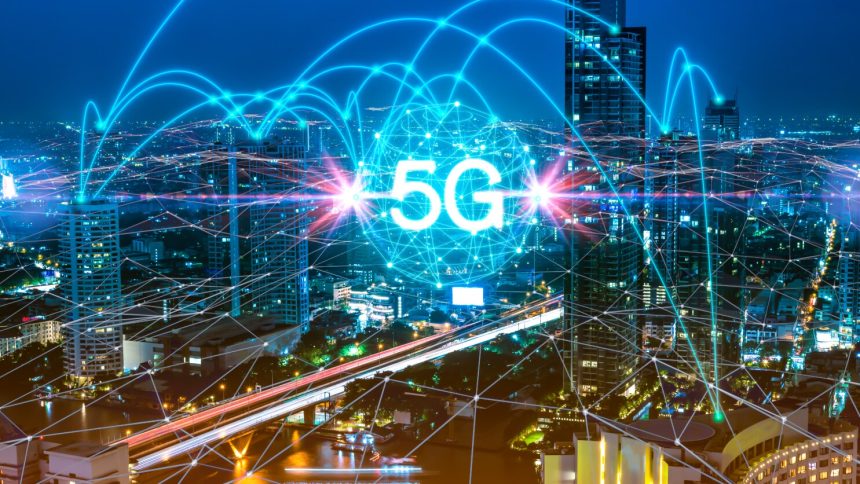If you are a technology freak then you must have heard about 5G! As the world becomes more digital, technology is continuously evolving. We’ve come a long way since the 1G technology that only allowed voice calls on bulky handsets in the 80s. Now we are in the 5G era, a technology that can transform any business irrespective of its size. Let’s understand the technological evolution from 1G to 5G through our imaginative character Alex. His business benefited from the advancements in technology over the years and how 5G could help him even more.
The Evolution of Mobile Technology
Alex owned a small beverage company that sold smoothies and juices back in the 80s. He started with 1G technology, which was enough for his business at the time. As his business grew, he upgraded to 2G, which provided text messaging and multimedia messaging services. With 3G, he could reach out to new customers and conduct online business. When 4G came out, he could sell his products more efficiently, but he realized that he needed more than 4G to stay connected in his business.
Enter 5G
5G is the next-gen wireless technology capable of operating 10 times faster than 4G. It boasts a peak speed of 20 gigabytes per second, which can significantly improve businesses that rely on automation, data storage, and cloud computing. 5G could be the solution Alex needs to take his business to the next level.
How Can 5G Help Alex’s Business?
Alex’s business generates a lot of data, and he needs a faster and more reliable network connection to stay connected. With 5G, he can use robotics and AI to pick and place raw and processed foods. Robots enabled with 5G can also help him cut, slice, dispense, sort, and package his products. He could store data in the cloud, automate manufacturing processes, and sync machine tools and people to raise production and deliver a better customer experience.
5G is a technology that could revolutionize businesses of all sizes. As we’ve seen with Alex’s business, each generation of wireless technology has improved businesses’ efficiency and productivity. With this technology, businesses can store more data, automate processes, and improve the customer experience. It’s therefore essential to keep pace with technological leaps to stay relevant in today’s digital world.


